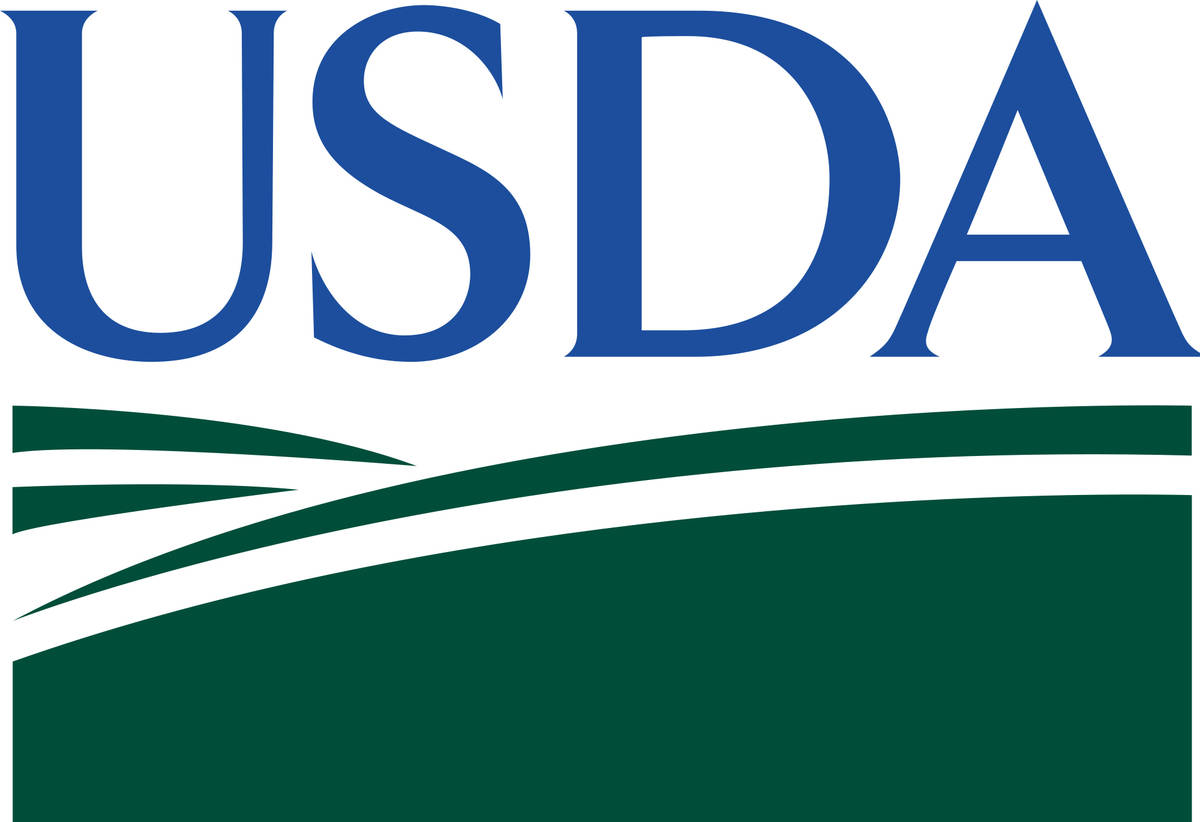USDA program will support farmers, ranchers, food supply
The U.S. Department of Agriculture announced Friday, April 17 a $19 billion relief program to provide support to farmers and ranchers, maintain the integrity of the food supply chain and ensure all Americans have access to the food they need.
“The American food supply chain had to adapt, and it remains safe, secure, and strong, and we all know that starts with America’s farmers and ranchers. This program will not only provide immediate relief for our farmers and ranchers, but it will also allow for the purchase and distribution of our agricultural abundance to help our fellow Americans in need,” Agriculture Secretary Sonny Perdue said.
With funding provided in the Coronavirus Aid, Relief and Economic Security Act, the program includes two major elements: direct support to farmers and ranchers and USDA purchase and distribution.
The program will provide $16 billion in direct support based on actual losses for agricultural producers where prices and market supply chains have been affected and will assist producers with additional adjustment and marketing costs resulting from lost demand and short-term oversupply for the 2020 marketing year caused by COVID-19.
USDA will partner with regional and local distributors, whose workforce has been significantly affected by the closure of many restaurants, hotels and other food service entities, to purchase $3 billion in fresh produce, dairy and meat.
That will begin with the procurement of an estimated $100 million per month in fresh fruits and vegetables, $100 million per month in a variety of dairy products and $100 million per month in meat products. The distributors and wholesalers will then provide a pre-approved box of fresh produce, dairy and meat products to food banks, community and faith-based organizations and other nonprofits serving Americans in need.
USDA has up to an additional $873.3 million available in Section 32 funding to purchase a variety of agricultural products for distribution to food banks. The use of these funds will be determined by industry requests, USDA agricultural market analysis and food bank needs.
The CARES Act provided at least $850 million for food bank administrative costs and USDA food purchases, of which a minimum of $600 million will be designated for food purchases. The use of these funds will be determined by food bank need and product availability.
The Department of Agriculture already has taken several steps to ensure that those affected by the COVID-19 pandemic maintain a safe, steady supply of food.
USDA expanded flexibilities and waivers in all 50 states and territories to ensure kids and families who need food can get it, and the department is partnering with the Baylor Collaborative on Hunger and Poverty, McLane Global, PepsiCo and others to deliver more than one million meals each week to students in a limited number of rural schools closed because of COVID-19.
USDA authorized Pandemic EBT in Michigan and Rhode Island, a supplemental food purchasing benefit to current SNAP participants and as a new EBT benefit to other eligible households to offset the cost of meals that would have otherwise been consumed at school. USDA expanded an innovative SNAP online grocery purchase pilot program in several states.

















